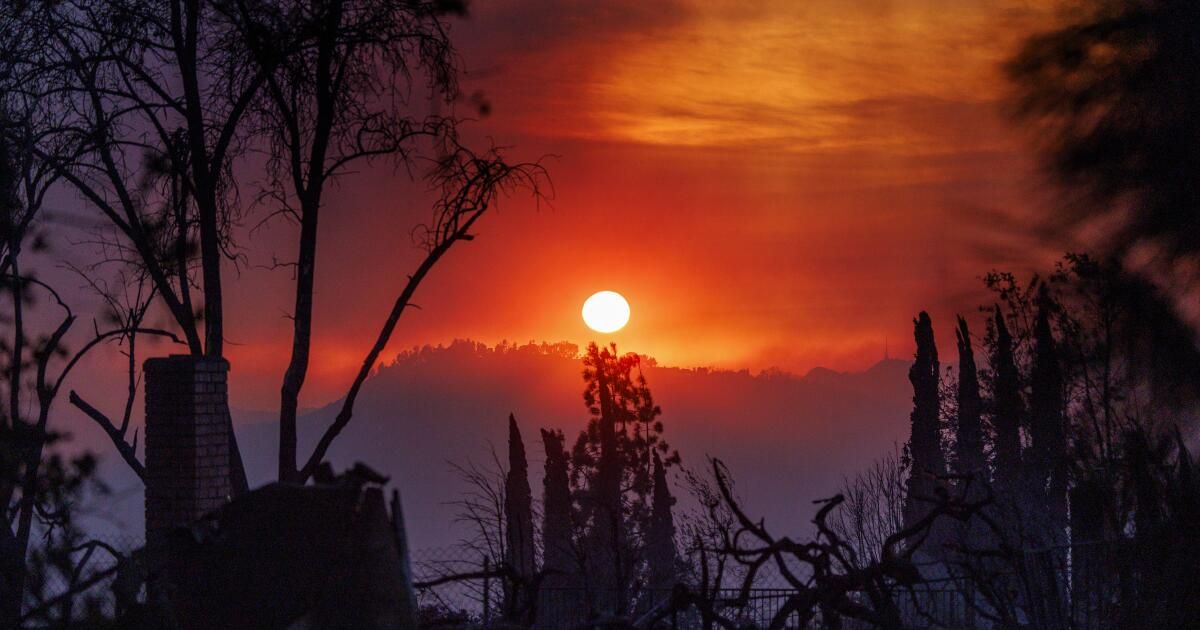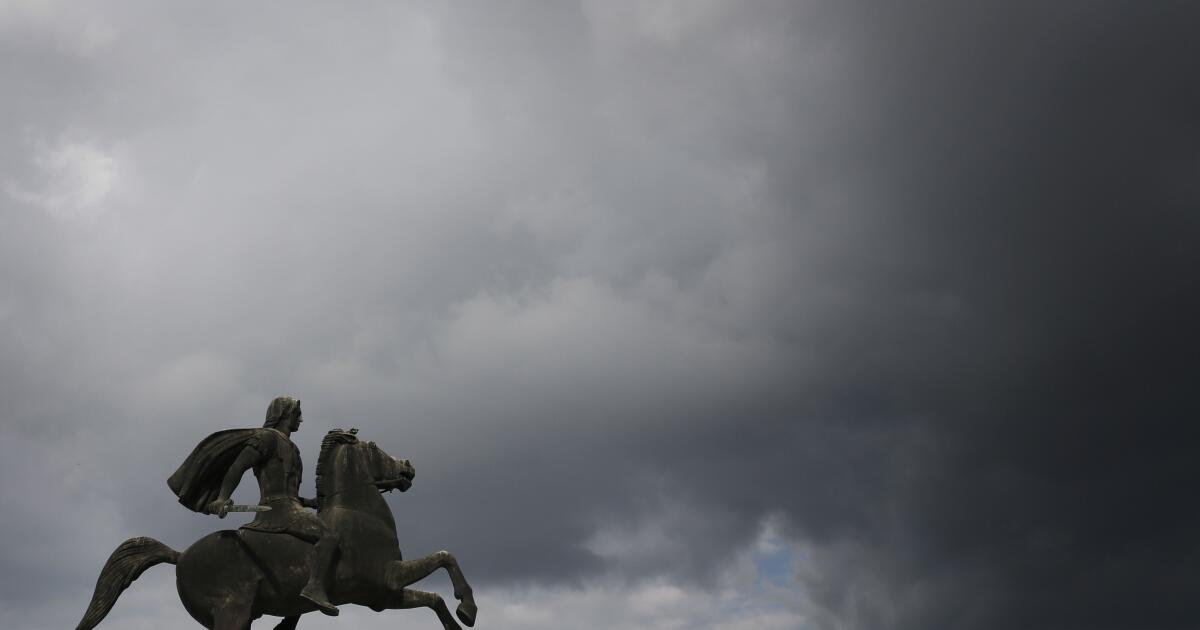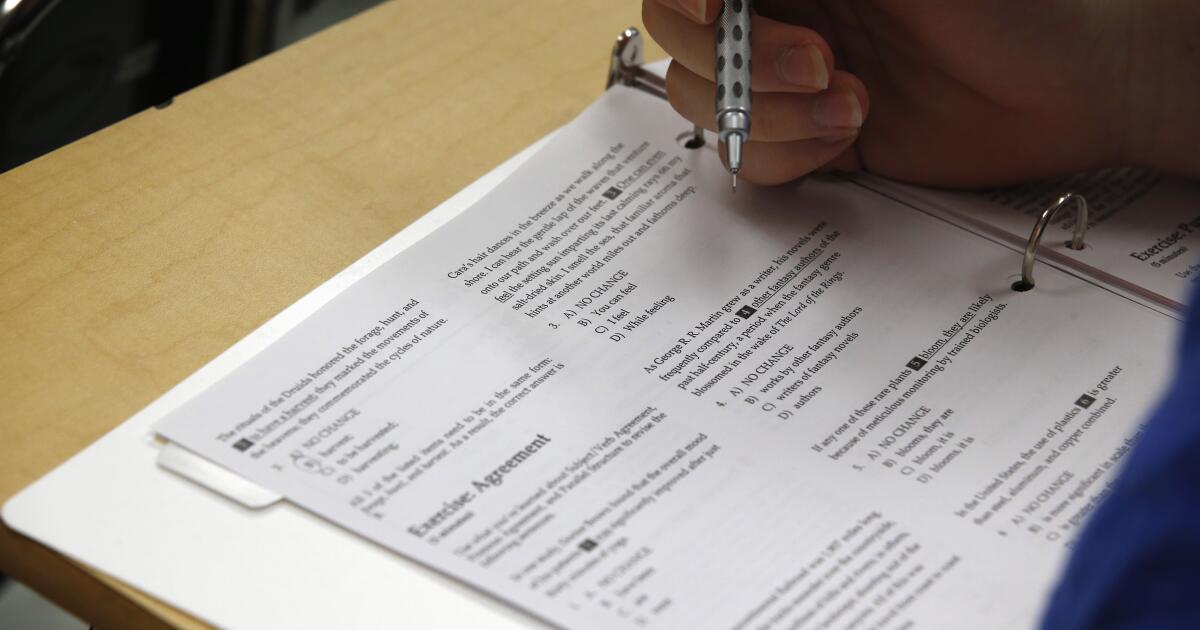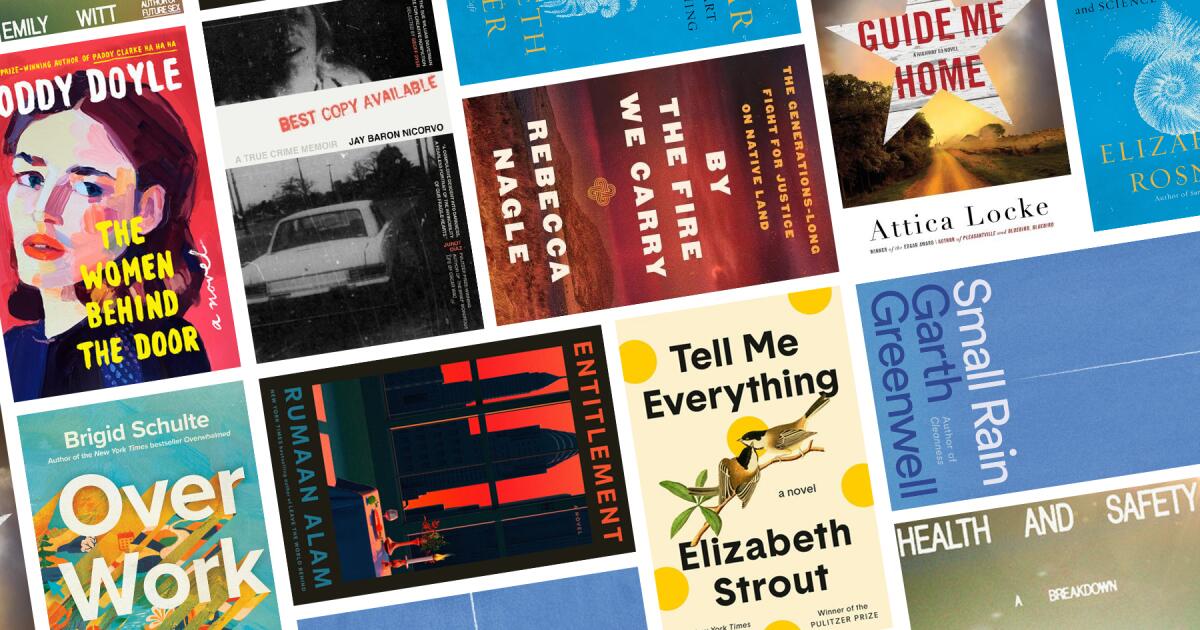As I write this, I watch the smoke rising from Altadena, a mile away. Three friends have already told me that they lost their homes. I'm trying to find my neighbor to deal with a damaged tree in her yard about to fall on my house, but she's not here.
We are almost certainly experiencing the costliest wildfires in Southern California history. We have lost a lot and we will work to recover for a long time. Knowing that, in the face of climate change, the title of “costliest fire in history” will probably not last long, we must increase our resilience to this new reality.
Resilience is the ability to recover from a disaster. Research into how recovery occurs has shown that the most important factor in a resilient community is the level of what social scientists call “social capital,” the value derived from positive connections between people. The rest of us call these “relationships.” How connected are you to others in your business community? Or your children's schools or your religious community? How strong are your family connections? These bonds create community and are why and how we work to rebuild.
But right now, before we can think about recovery, we are all facing fear and pain. Our first response to fear is to find ways to avoid risk. Should I evacuate? Do I try to stay and protect my home? If I have lost my home, where do I go? I am not in the evacuation zone but how do I protect my family from bad air? But fear can lead to a feeling of helplessness, especially if we are grieving. When we feel helpless, we do not act, and the inability to act increases fear and we can spiral into depression.
Our social ties do more than simply motivate and sustain us in the long process of recovery. They give us purpose during this difficult time of response. We are programmed to avoid risks, but we are more willing to face them when we help others. We stop focusing on our fear or loss and take pride in helping the community.
You can do this now. It could be as simple as texting a friend to let them know you're thinking of them. Offer a place to stay. Volunteer in evacuation centers. Help in animal shelters. Make a donation to a food bank or other social service group. Helping others will make the experience manageable.
As natural disasters worsen and become more common, we will need resilience more than ever. First of all, we must recognize that we must think about the “unthinkable.” Extreme weather events (wind, storms and droughts) are becoming more common. Our ecosystems evolved for a different climate than they currently experience, and wildfires are how those ecosystems adapt.
Secondly, given this greater frequency of disasters, it will be necessary to change society's mechanisms to manage and mitigate risk. For example, the most common mechanism is insurance: we pay someone to assume part of the risk for us. But as risk increases, that approach can quickly become unsustainable. We will need to find alternatives, such as implementing a comprehensive national hazard insurance program, in the same way that the California Earthquake Authority has handled the issue of earthquake insurance in California.
Major disasters like this week's fires are so disruptive that they can be an opportunity to rebuild and become better, and we must ensure our responses strengthen the community. Successful recovery after the last decade of wildfires in California was fostered by the early formation of community collaboratives, which bring together organizations such as local chambers of commerce, churches, and neighborhood associations. For example, the North Valley Community Foundation in Chico distributed philanthropic relief funds after the Camp, North Complex and Dixie fires through collaborations, so community organizations agreed on solutions and did not compete with each other for aid .
Resilience and building our social capital starts with a conversation. Talk to your neighbor, connect with someone new you see at your children's school, your place of worship, or at a nearby restaurant or coffee shop.
For many in Southern California, these 2025 fires will not be the reason they need to be resilient. But we will have other extreme weather events to deal with, and at some point we will have an earthquake that will affect us all. Those who are connected to each other will recover faster and have a reason to thrive again.
Lucy Jones is the founder of the Dr. Lucy Jones Center for Science and Society and author of “The Big Ones: How Natural Disasters Have Shaped Us (and What We Can Do About Them).”












